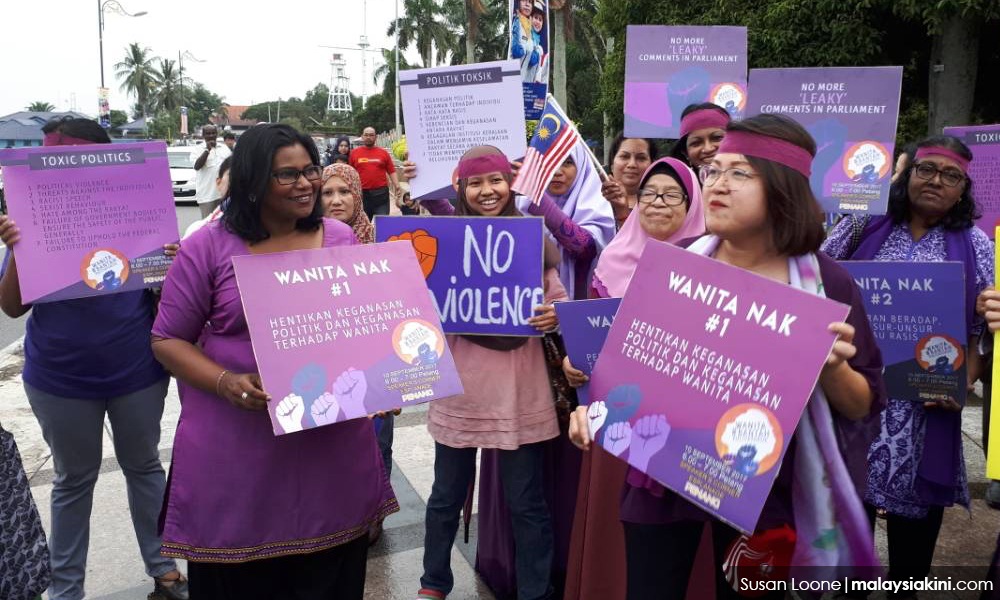The state government has decided to continue supporting the Penang Women and Family Development Committee (PWDC) and has challenged its members to achieve a higher KPI (key performance indicator).
The effort is in line with the state's policy to achieve 30 percent women's representation in leadership roles.
State executive councillor on women and family development Chong Eng (above) said the committee has shown good performance in 2019, since it was established in the same year.
"In 10 months (in 2019), 40 of its members have successfully organised 423 programmes, which were attended by 91,427 participants," Chong Eng said in a statement.
"Thirty-six percent of the programmes were based on community unity, 20 percent on economy and entrepreneurship, while 20 percent involved family events, and the rest touched on health, safety and education issues," added Chong Eng, who also oversees the gender inclusiveness and religion other than Islam portfolio.
"These programmes are attended by all levels of society regardless of race, gender or age," she stressed.
Chong Eng said the committee will be extended for another two years.
Chief Minister Chow Kon Yeow handed over appointment letters to the members in a ceremony in Komtar on Sunday.
Chong Eng also praised the committee as 18 members obtained the highest achievement set by the PWDC, which has achieved all its KPI.
"Six committee members received the special award for achieving excellent performance in organising programmes which brought a high impact on the lives of the communities.
"These events were inclusive, multiracial and multicultural, promoted unity, good management and cooperation in the community," Chong Eng said.
She said the higher KPIs were tailored to improve the members' capacity, especially women's leadership ability and opportunity.
With more women leaders at the grassroots level, society will be more accepting of women as community activists, she added.

"In this way, we would also be able to widen our talent pool and increase women's participation and representation in local government, as elected representatives in state (assembly) and Parliament.
"More women lawmakers mean we can draft laws and policies which are women and family-friendly.
"In this manner, too, we will be able to bridge the gender gap to achieve more sustainable development," she added.

